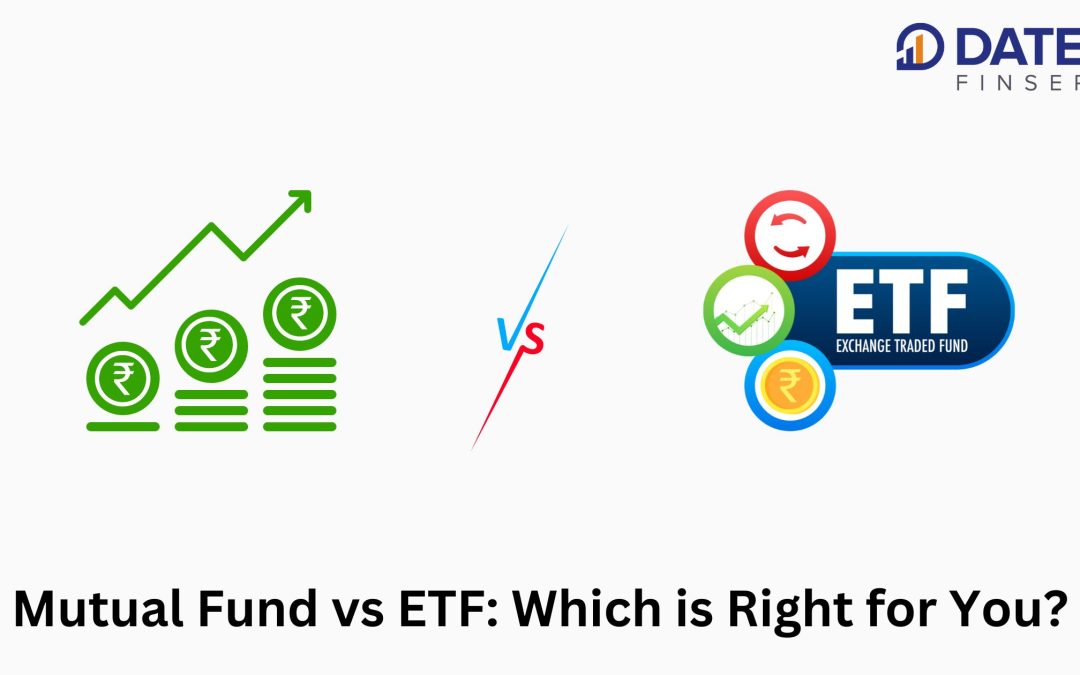Mutual funds and ETFs are both popular investment vehicles that offer a way to invest in a diversified portfolio of assets. However, there are some key differences between the two that investors should be aware of before making a decision.
What is a mutual fund?
A mutual fund is a type of investment vehicle that pools money from investors and invests it in a diversified portfolio of assets. Mutual funds are managed by a professional investment manager who is responsible for selecting the assets that the fund invests in. Mutual funds can be actively managed or passively managed. Actively managed funds try to outperform the market by picking stocks that they believe will perform well. Passively managed funds track a specific market index, such as the S&P 500.
What is an ETF?
An ETF, or exchange-traded fund, is a type of investment vehicle that tracks an index or a basket of assets. ETFs are traded on exchanges just like stocks, and their prices fluctuate throughout the day. ETFs can be actively managed or passively managed.
Also read it – Load Funds: What You Need to Know
What are the key differences between mutual funds and ETFs?
There are a few key differences between mutual funds and ETFs:
- Trading: Mutual funds are only traded once a day, at the end of the trading day. ETFs can be traded throughout the day, just like stocks.
- Cost: Mutual funds typically have higher fees than ETFs. This is because mutual funds have to pay for the services of a professional investment manager. ETFs do not have to pay for these services, so their fees are lower.
- Liquidity: Mutual funds are generally more liquid than ETFs. This is because there is a larger market for mutual funds, so it is easier to buy and sell them.
- Tax efficiency: ETFs are generally more tax-efficient than mutual funds. This is because ETFs are not required to distribute capital gains to shareholders, as mutual funds are.
Which is right for you?
The best investment vehicle for you will depend on your individual circumstances and investment goals. If you are looking for a low-cost, tax-efficient investment, then an ETF may be a good option for you. If you are looking for an investment that is managed by a professional investment manager, then a mutual fund may be a better choice.

